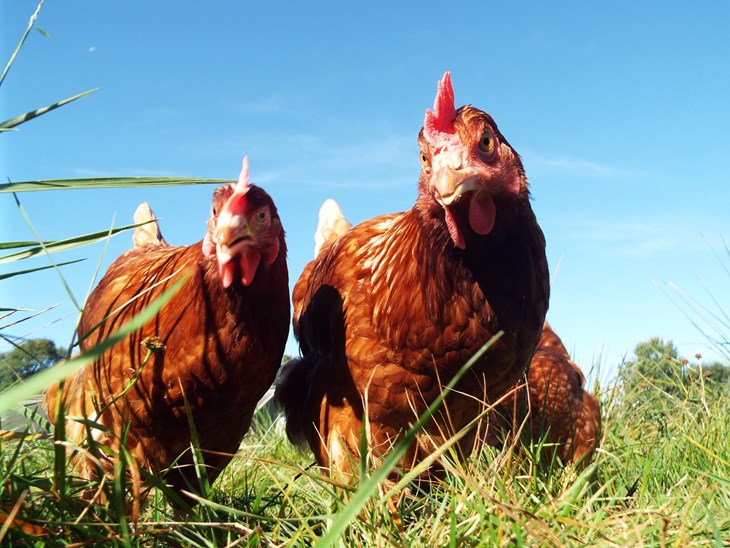Brussels, 21 March 2022 - Ending the caging of farm animals through binding European Union legislation can be achieved with the support of several financial instruments that in some cases are already available to farmers, a new report by a sustainability think-tank working on EU policy finds.
In its report Financing the cage-free farming transition in Europe, the Institute for European Environmental Policy (IEEP) explores key EU sources of public funding that could support the transition to cage-free animal agriculture in the EU.

The context
The European Commission committed last year to proposing legislation to end the caging of EU farm animals as part of its plan to put forward proposals to revise all EU animal welfare legislation in late 2023. Its commitment was made in response to the European Citizens’ Initiative ‘End the Cage Age’, which gathered 1.4 million signatures from citizens across the EU and is the first successful such Initiative for farmed animals.
The timing of when to initiate the transition to cage-free farming is an important one, the report finds. There are not only ethical but also economic reasons for stakeholders to start planning and be ready to put in place new standards ahead of the legal deadline.
“The revision of EU animal welfare legislation has the potential to change our obsolete farming system, improving the lives of hundreds of millions of farmed animals,” said Olga Kikou, Head of Compassion in World Farming EU and one of the organisers of the Initiative. “This report sends a clear message to Member States, farmers and the EU Commission. Both EU and national financial mechanisms can be utilised to ensure that the shift can be smooth and effective. There is no time to waste!”
The findings
The report, commissioned by Compassion in World Farming EU, presents sources of funding and related measures at EU level that are, or could be, directed to improving animal welfare by eliminating cages on farms. It also describes broader policy tools that could complement the financial mechanism, such as food labelling policies, research and innovation.
These findings come at a pivotal moment as they can provide crucial information for the Commission’s preparation of its proposals.
An extensive section of the report is devoted to the common agricultural policy (CAP) as a tool to obtain financial support for improved animal welfare. Additionally, further funding opportunities such as Next Generation EU (NGEU) and the EU Promotion Policy are presented.
Individual Member States play a key role in setting legislative standards, objectives and targeted policy mechanisms that can make the transition a reality. The report finds that significant sums of national money and other economic measures could be mobilised to support the transition, resulting in higher demand for cage-free products and increased consumer awareness.
The report presents specific case studies and examples of good practice from Member States, such as direct payments for increased animal welfare in Germany and Greece.
"There are multiple options for assisting farmers with the transition, several within the CAP. The EU institutions should underline the advantages for Member States of early planning and action for transition, helping to build the impetus now needed." concluded David Baldock, one of the authors of the report.
For more information, please email eu.office@ciwf.org